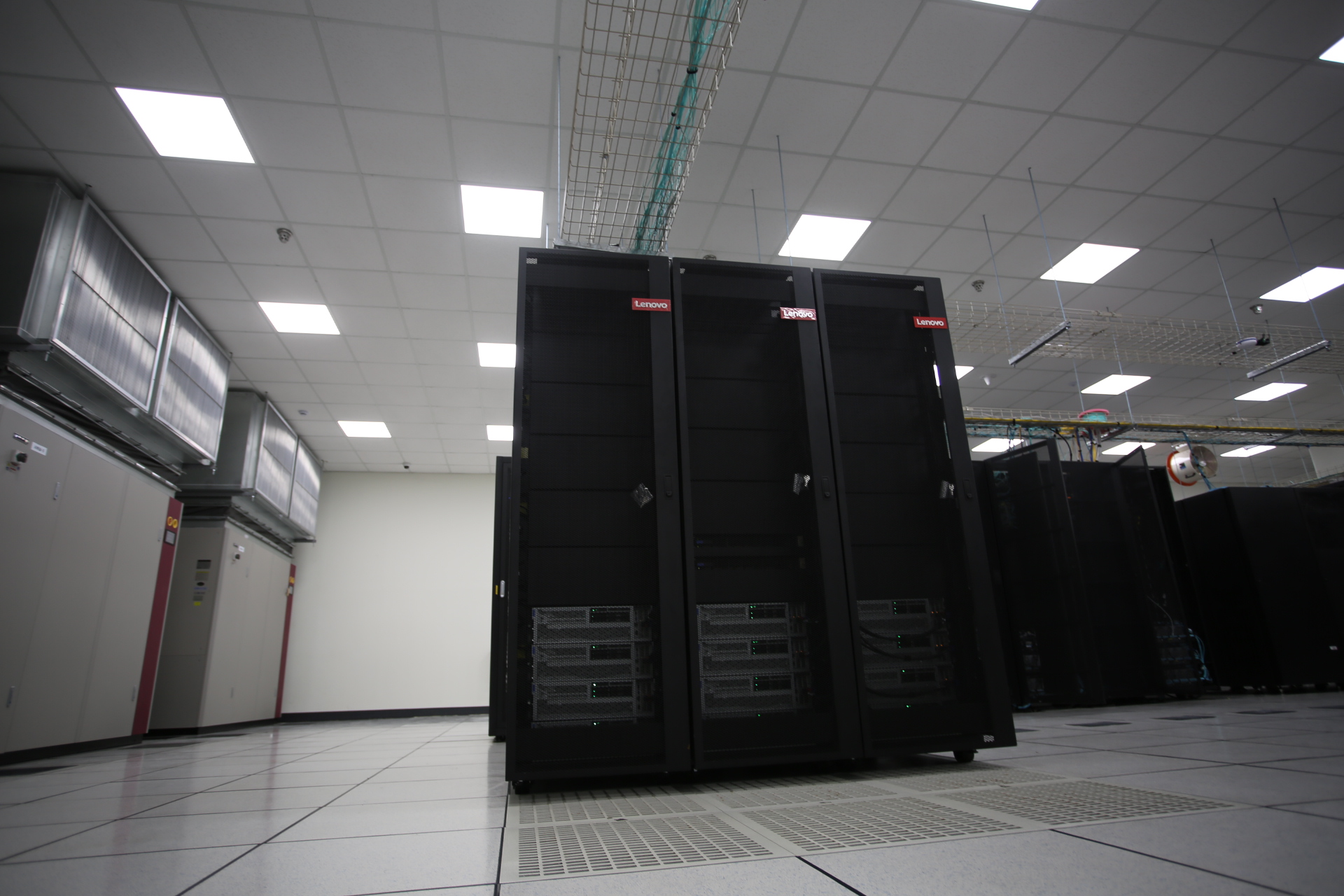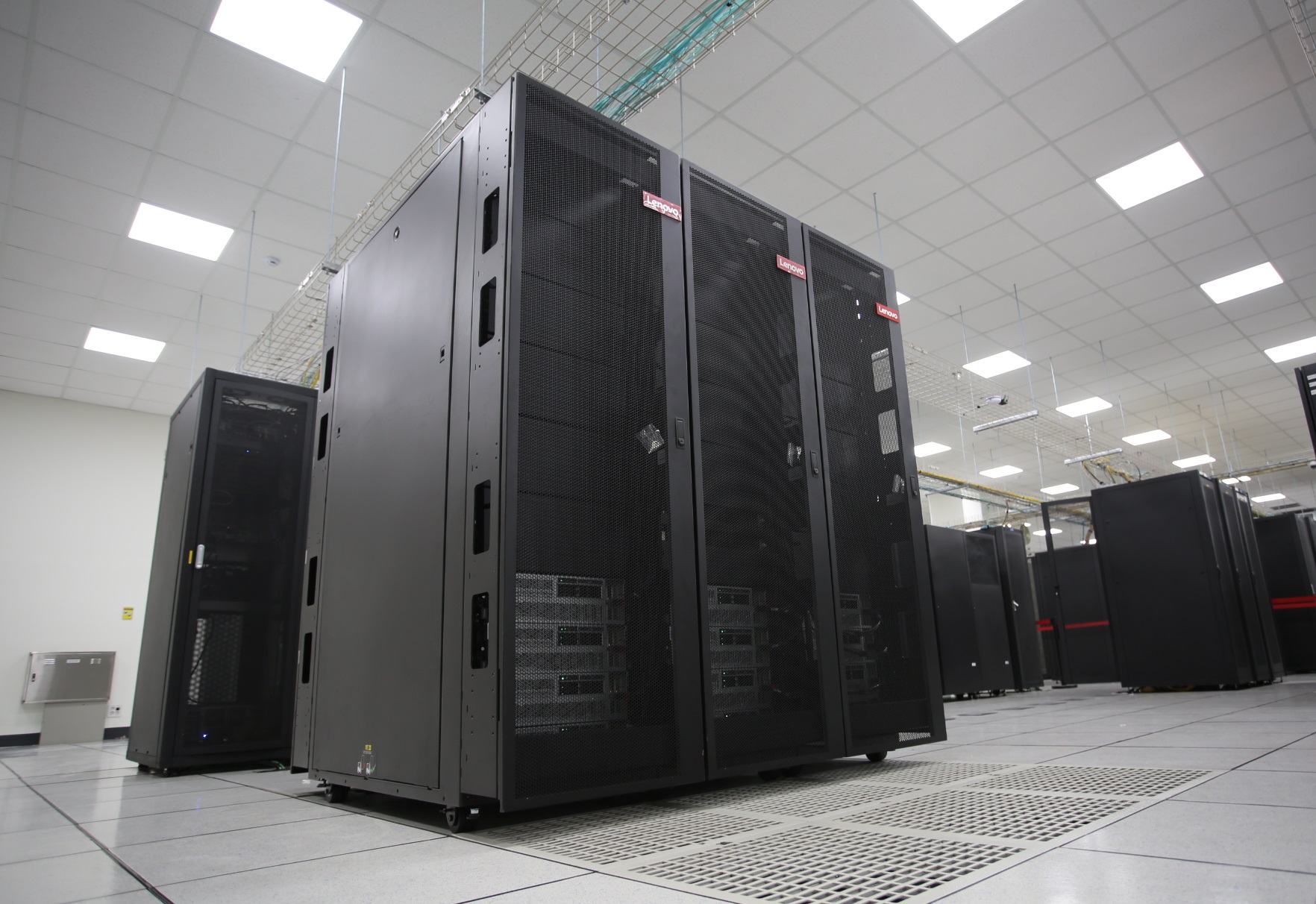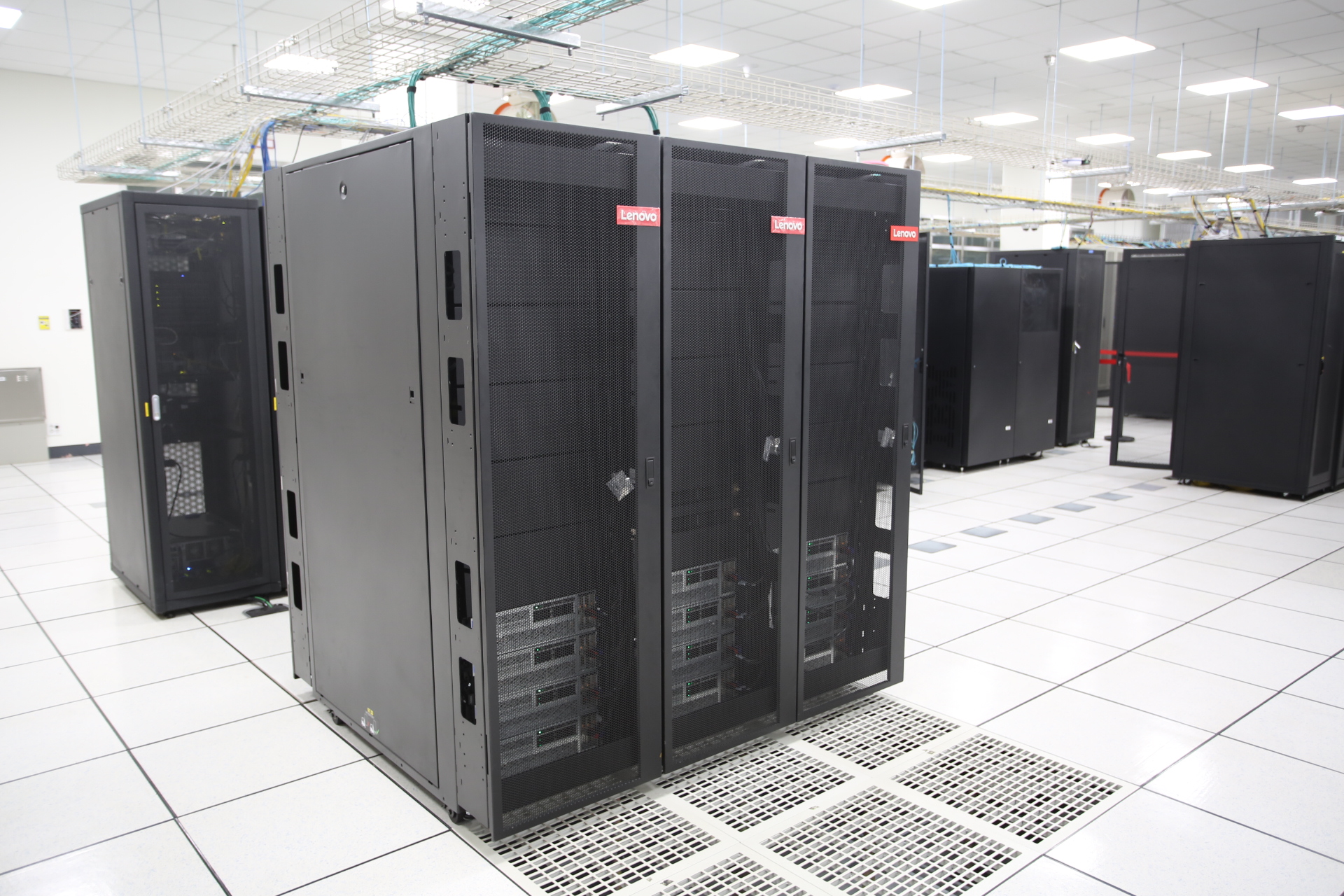주메뉴
- About IBS 연구원소개
-
Research Centers
연구단소개
- Research Outcomes
- Mathematics
- Physics
- Center for Theoretical Physics of the Universe(Particle Theory and Cosmology Group)
- Center for Theoretical Physics of the Universe(Cosmology, Gravity and Astroparticle Physics Group)
- Center for Exotic Nuclear Studies
- Center for Artificial Low Dimensional Electronic Systems
- Center for Underground Physics
- Center for Axion and Precision Physics Research
- Center for Theoretical Physics of Complex Systems
- Center for Quantum Nanoscience
- Center for Van der Waals Quantum Solids
- Chemistry
- Life Sciences
- Earth Science
- Interdisciplinary
- Center for Neuroscience Imaging Research(Neuro Technology Group)
- Center for Neuroscience Imaging Research(Cognitive and Computational Neuroscience Group)
- Center for Algorithmic and Robotized Synthesis
- Center for Genome Engineering
- Center for Nanomedicine
- Center for Biomolecular and Cellular Structure
- Center for 2D Quantum Heterostructures
- Center for Quantum Conversion Research
- Institutes
- Korea Virus Research Institute
- News Center 뉴스 센터
- Career 인재초빙
- Living in Korea IBS School-UST
- IBS School 윤리경영


주메뉴
- About IBS
-
Research Centers
- Research Outcomes
- Mathematics
- Physics
- Center for Theoretical Physics of the Universe(Particle Theory and Cosmology Group)
- Center for Theoretical Physics of the Universe(Cosmology, Gravity and Astroparticle Physics Group)
- Center for Exotic Nuclear Studies
- Center for Artificial Low Dimensional Electronic Systems
- Center for Underground Physics
- Center for Axion and Precision Physics Research
- Center for Theoretical Physics of Complex Systems
- Center for Quantum Nanoscience
- Center for Van der Waals Quantum Solids
- Chemistry
- Life Sciences
- Earth Science
- Interdisciplinary
- Center for Neuroscience Imaging Research(Neuro Technology Group)
- Center for Neuroscience Imaging Research(Cognitive and Computational Neuroscience Group)
- Center for Algorithmic and Robotized Synthesis
- Center for Genome Engineering
- Center for Nanomedicine
- Center for Biomolecular and Cellular Structure
- Center for 2D Quantum Heterostructures
- Center for Quantum Conversion Research
- Institutes
- Korea Virus Research Institute
- News Center
- Career
- Living in Korea
- IBS School
News Center
| Title | IBS Supercomputer 'Olaf' Debuts in the List of Top 10 Green Supercomputers | ||||
|---|---|---|---|---|---|
| Name | 전체관리자 | Registration Date | 2023-11-23 | Hits | 1215 |
| att. |
 thumb726 (1).jpg
thumb726 (1).jpg
|
||||
IBS Supercomputer 'Olaf' Debuts in the List of Top 10 Green SupercomputersRanked 10th in the Green500, announced on November 13th The supercomputer, ‘Olaf,’ from the Institute for Basic Science (IBS) has been ranked 10th in the list of most energy-efficient supercomputers in the world. The global nonprofit organization, ‘Top500.org,’ announced on the 13th that IBS’s Olaf achieved a new entry into the Top500 rankings and simultaneously secured the 10th place in the Green500 rankings at the ‘Supercomputing Conference 23 (SC23),’ held in Denver, Colorado. The world supercomputer rankings are revealed annually through the International Supercomputing Conference (ISC) in Europe in June and the Supercomputing Conference (SC) in the United States in November. The Top500 rankings are determined based on the High-Performance Linpack (HPL) benchmark measurement called Rmax, while the Green500 rankings are based on the energy efficiency used during these benchmarks. Olaf from IBS recorded a measured performance of 2.03 PF (petaflops, or 1,000 trillion calculations per second) in the HPL benchmark, with a power efficiency of 45.12 Gflops/Watts. Among the 12 Korean supercomputers that made it to the Top500 rankings, noteworthy computers in the Green500 rankings include Samsung Electronics’ ‘SSC-21 Scalable Module (17th, 33.98 Gflops/Watts)’ and the Korea Meteorological Administration’s ‘Maru’ and ‘Guru’ (98th, 5.46 Gflops/Watts). Olaf outperforms these in energy efficiency by 1.3 times and 8.3 times, respectively. IBS established the Research Solution Center in May 2020 to better support the nation’s basic science research activities. This initiative allows individual researchers, as well as domestic basic science researchers and institutions, to collaboratively utilize large research facilities and equipment that are challenging for individual researchers to operate. Olaf, constructed to analyze large-scale research data produced by IBS’s major research facilities and activities such as Yemilab, cryo-electron microscopes, next-generation sequencing, and magnetic resonance imaging, began construction in 2020 and is set to be completed by the end of this year. Olaf’s total computing performance is 3.3 times faster than IBS’s first supercomputer, ‘Aleph,’ which started operating in 2019, and its storage capacity is 1.6 times larger. Already, 300 researchers from 15 universities, including Seoul National University and KAIST, five government-affiliated research institutions, and companies are jointly utilizing Olaf. Currently, IBS is working on establishing a data analysis system for Olaf to meet the demand for generative artificial intelligence-based research. The benchmark tests are planned to be completed by December 2023 and official operations are to commence from March 2024 after a two-month pilot operation starting January 2024. IBS President NOH Do Young stated, “IBS has already elevated the nation’s basic science competitiveness through leading research using the first supercomputer, Aleph. With the completion of Olaf’s construction by the end of this year, we expect to further enhance our research competitiveness utilizing supercomputers.” He further emphasized the significance of Olaf’s inclusion in the Green500 rankings, highlighting its high energy efficiency, which is expected to alleviate the challenges of supercomputer operations amid rising electricity costs.
IBS Public Relations Team |
|||||
| Next | |
|---|---|
| before |
- Content Manager
- Public Relations Team : Yim Ji Yeob 042-878-8173
- Last Update 2023-11-28 14:20














